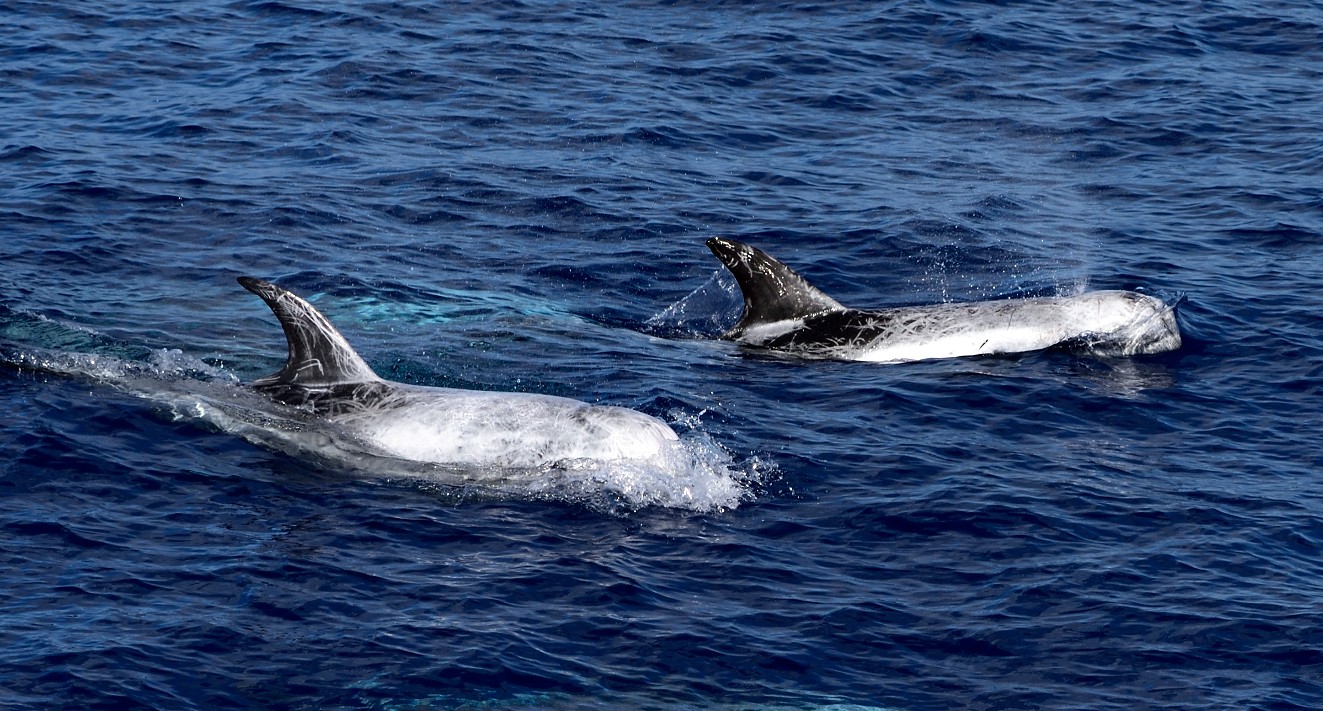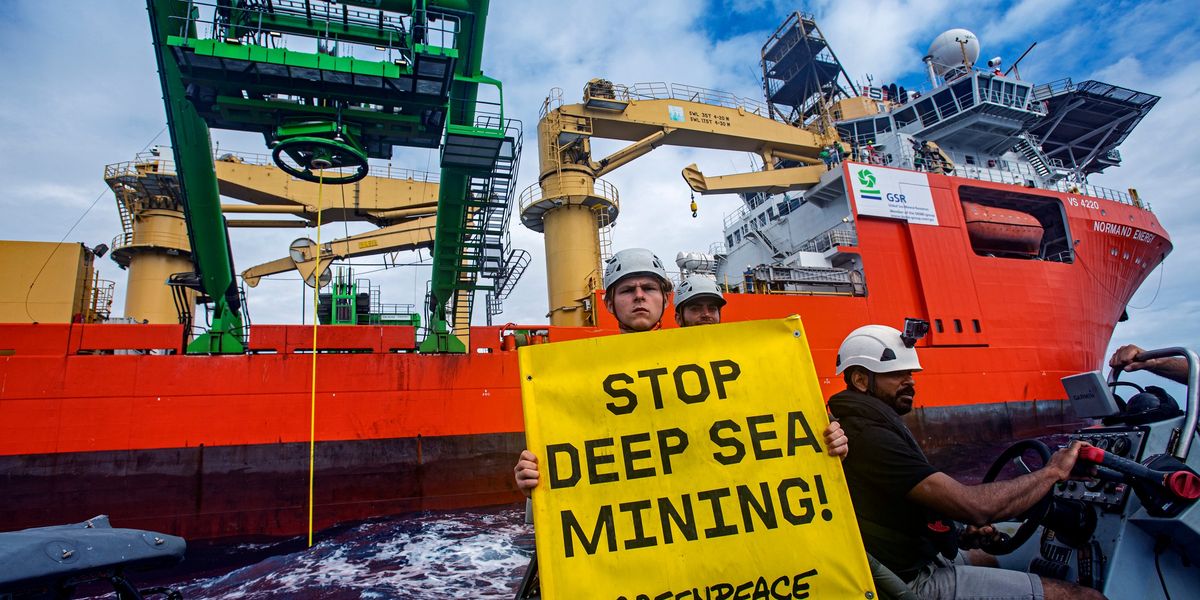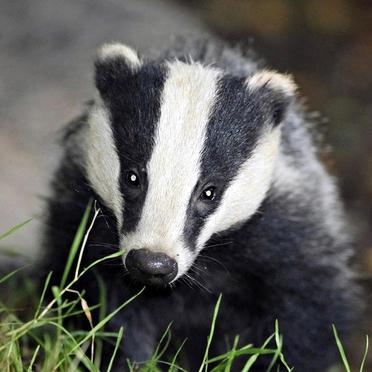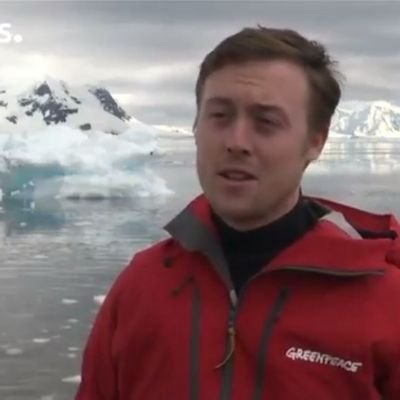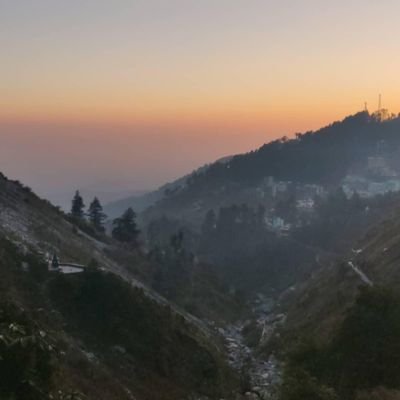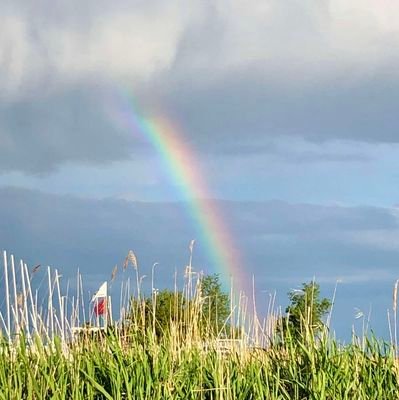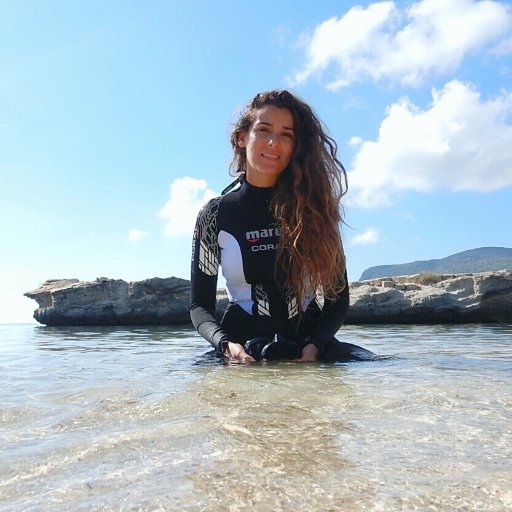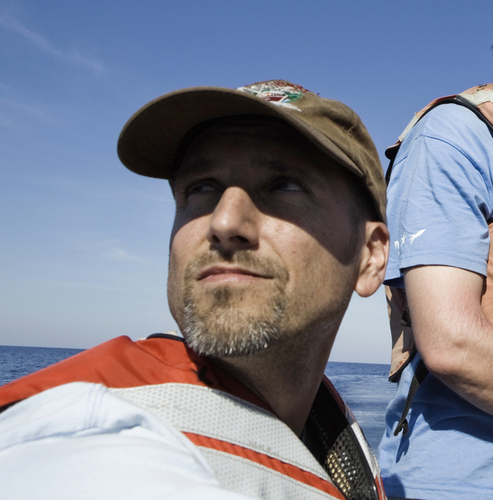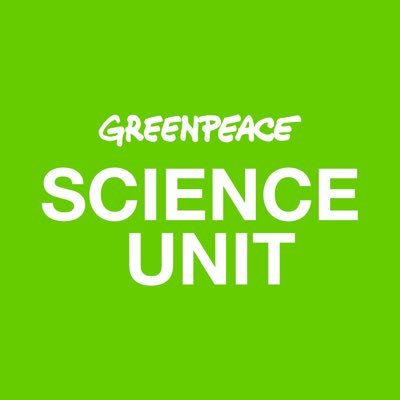
Greenpeace Science Unit
@GPScienceUnit
Greenpeace Science Unit - Greenpeace Research Laboratories at the University of Exeter
You might like
Science Unit’s Dr Melissa Wang (right) takes part in a panel discussion during the United Nations Environment Assembly UNEA 6 meeting in Nairobi
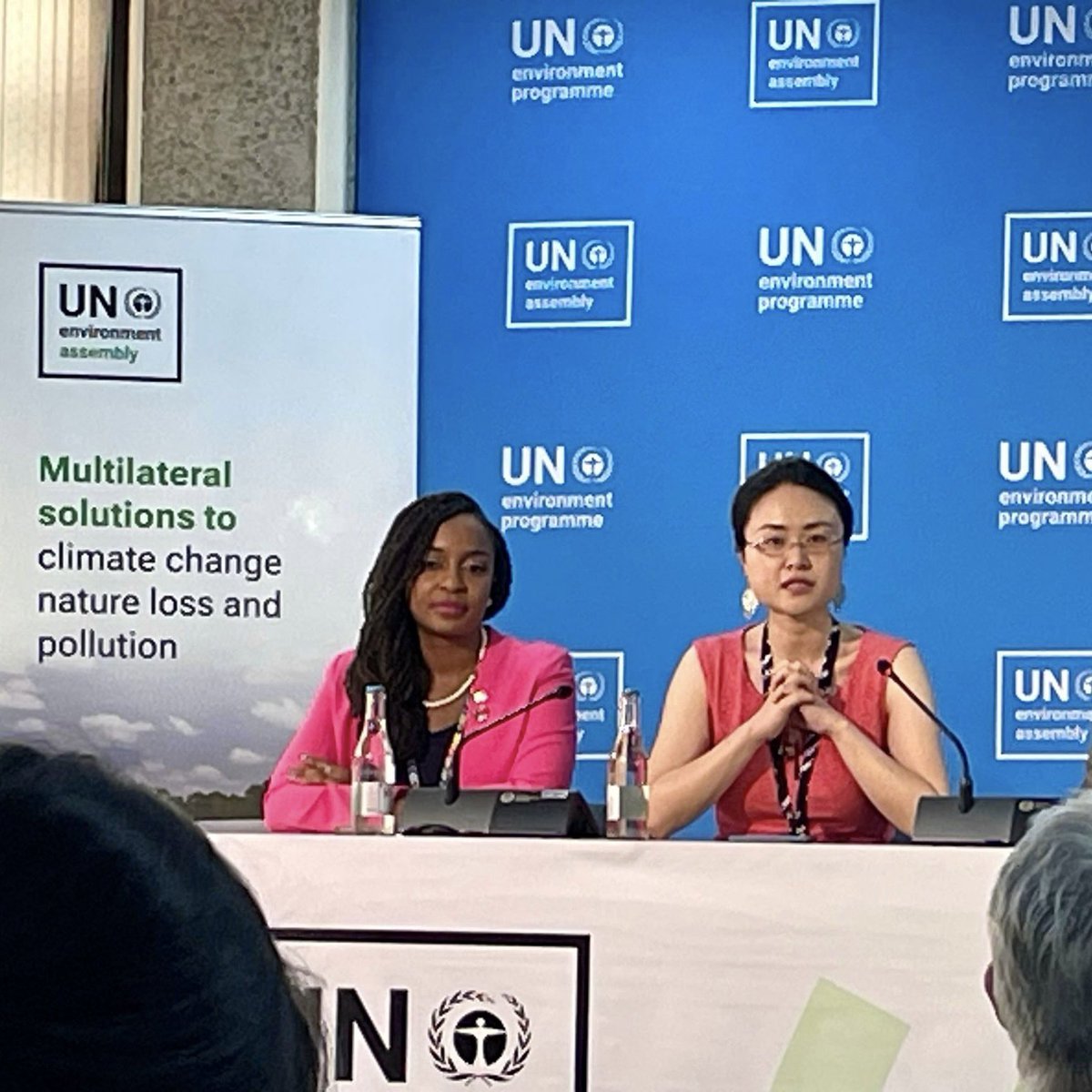
Collecting liquid nitrogen to cool our infrared microscope to -196 Celsius (almost as cold as the surface of Neptune) so we can identify tiny microplastics in environmental samples

Another run of air pollution samples on TD tubes to keep ‘Marvin’ busy for the weekend
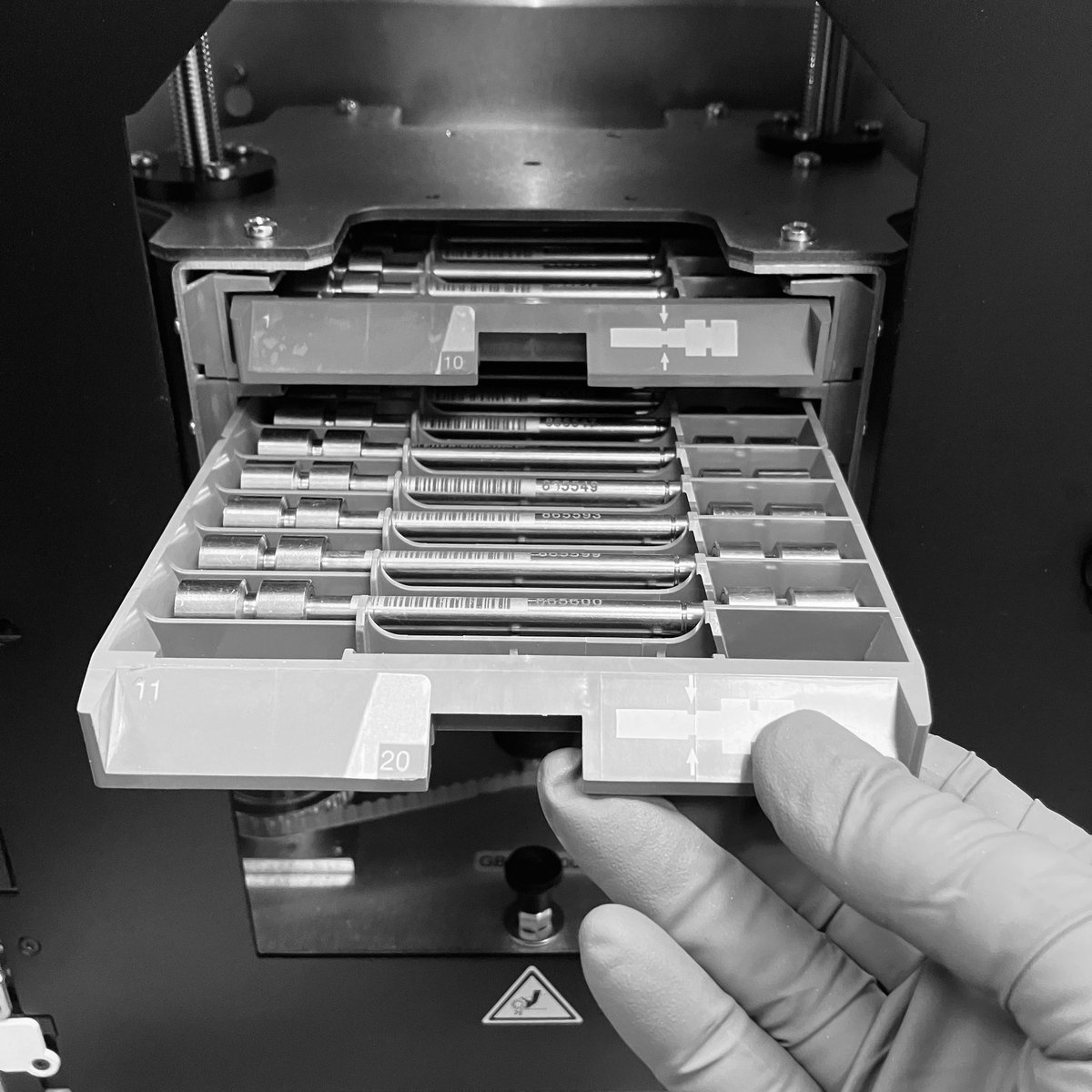
using an infrared (FT-IR) imaging microscope to identify microplastic fibres washed from fabric samples
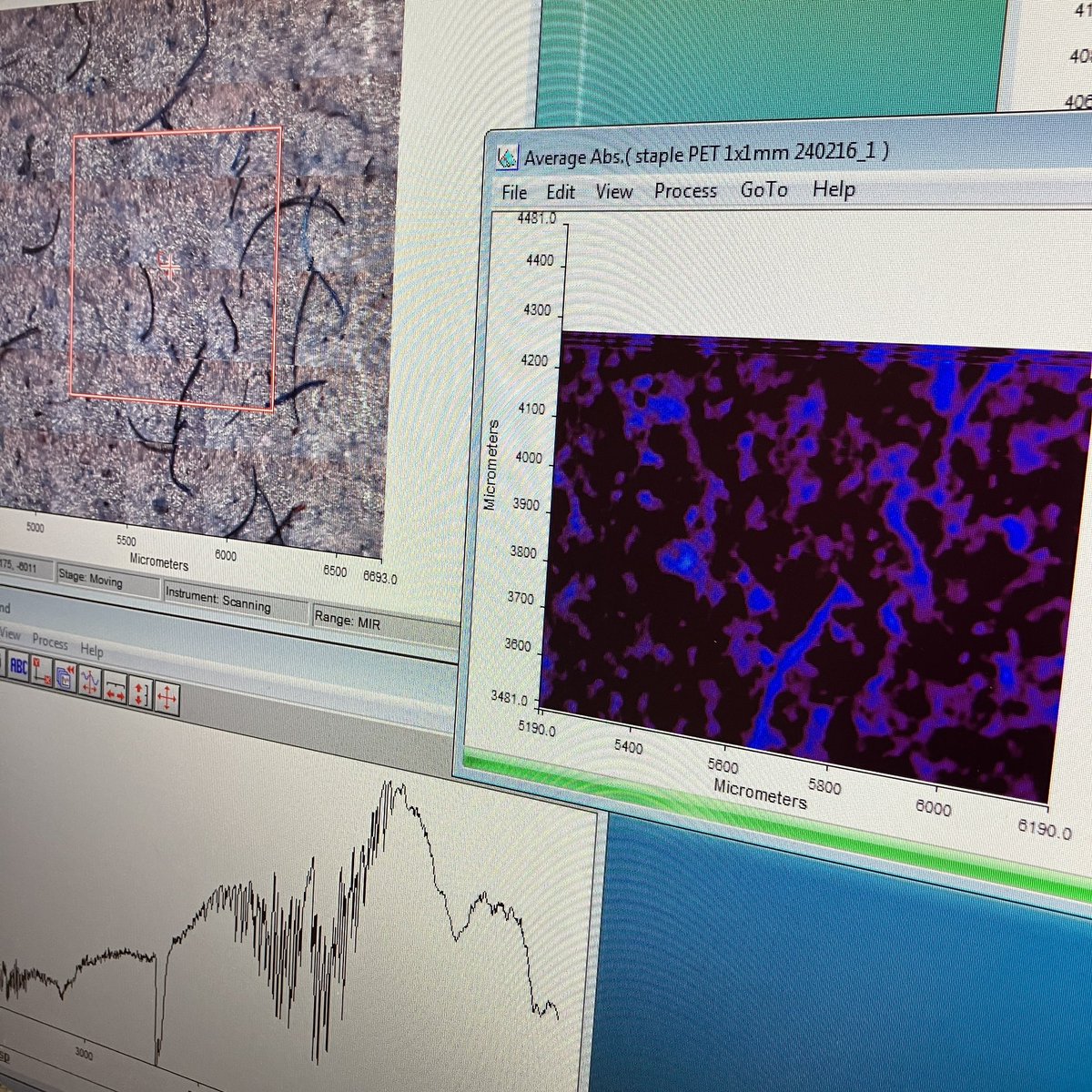
loading VOC standards onto TD tubes to check calibration in study of air pollution from gas flaring

To mark UN International Day of #WomenAndGirlsInScience, Dr Ildiko Kriston & Dr Kirsten Thompson introduce their work at the Greenpeace Science Unit
New research from UChicago highlights how investment in locally led environmental monitoring and data could accelerate improvements in air quality and health for millions.
New EPIC analysis provides a strategic playbook to entities working on global to local public health and environmental issues, highlighting specific opportunities to improve fine particulate #AirPollution (PM2.5) in key regions around the world. Explore:
Endangered #whales and #dolphins live year-round in an area of the Mediterranean earmarked for oil and gas exploration, new research shows Full study 👉int-res.com/abstracts/esr/… Press release 👉 news.exeter.ac.uk/faculty-of-hea… @UniofExeter @ExeterMarine @GPScienceUnit @Greenpeace
🚨New Paper🚨"Endangered whales and dolphins live year-round in an area of the Mediterranean earmarked for oil and gas exploration" news.exeter.ac.uk/faculty-of-hea… The work includes data from our ships, @gp_warrior & @gp_sunrise. Congrats to @seaspray500 and the whole team.
A research team, led by our @GPScienceUnit, have called for a remote part of the Indian Ocean which is a hotspot for 12 species including orcas and sperm whales and spinner, striped and bottlenose dolphins, to be a protected area bit.ly/3QWwJaq @seaspray500 @GreenpeaceUK
1/3: As the #Nautica (now the #Yemen) arrives for the UN led operation to offload the #FSOSafer we wish the crews safety and success. A long journey, with @GreenpeaceAr & allies @holmakhdar advocating for years to avert what could have been one of the worst catastrophes.
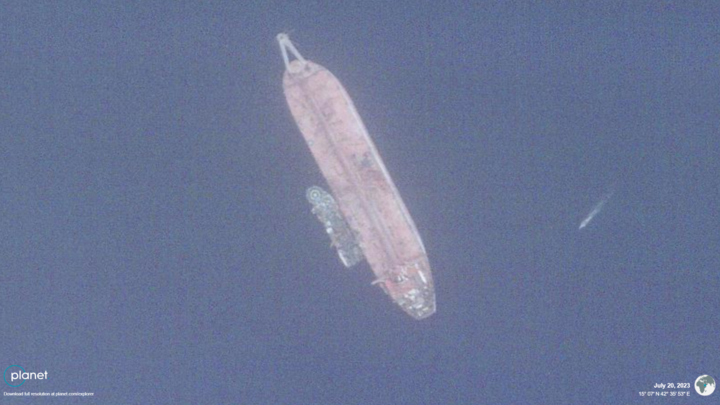
Fish biogeography in the anthropocene using #eDNA shows genetic diversity is reduced in areas of human exploitation 🐟🐠🐡 Antarctic samples from @ProtectTheOcea1 @GPScienceUnit @gp_sunrise @ExeterMarine @UoEBiosciences @UniofExeterNews onlinelibrary.wiley.com/share/ZUIWCUZA…
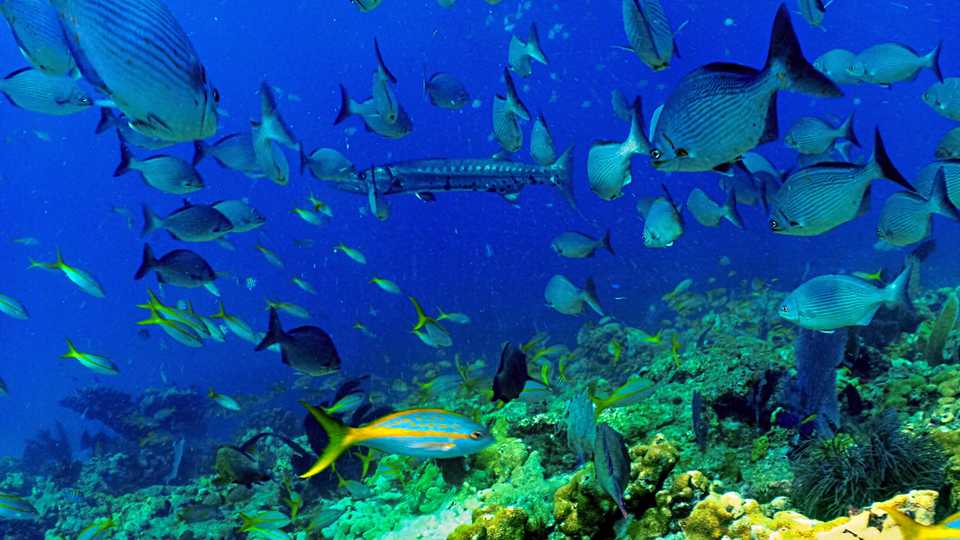
According to a report just published by @greenpeace_esp and the @GPScienceUnit at the University of Exeter, Spain is heating faster than the global average. A 2ºC temperature rise is predicted over the next 20 years. #ClimateCrisis euronews.com/green/2023/07/…
While the #PlasticTreaty continues to draw major attention, other #Chemicals #Waste #SciencePolicy negotiations will also require substantial inputs from researchers from all disciplines ➡️ Our paper on Major Negotiations: pubs.acs.org/doi/full/10.10… ➡️ pubs.acs.org/doi/suppl/10.1…

Our OpEd on Deep Sea Mining and the need for collaboration, transparency, and peer review, in deep sea research, was published last week. commondreams.org/opinion/scient…
United States Trends
- 1. Good Saturday 20.1K posts
- 2. Tosin 5,847 posts
- 3. #LingOrm3rdMeetMacauD1 455K posts
- 4. #SaturdayVibes 3,000 posts
- 5. LINGORM MACAU MEET D1 451K posts
- 6. Travis Head 25.1K posts
- 7. Burnley 23.1K posts
- 8. Marjorie Taylor Greene 80.3K posts
- 9. #MyHeroAcademia 16K posts
- 10. The View 97.8K posts
- 11. Caleb Love 3,279 posts
- 12. Somali 78.6K posts
- 13. #GoDeku 9,004 posts
- 14. #DBLF2025 17.4K posts
- 15. Kandi 12.1K posts
- 16. Collin Gillespie 4,351 posts
- 17. Suns 23K posts
- 18. Norvell 3,666 posts
- 19. Joshua 108K posts
- 20. Sengun 8,875 posts
Something went wrong.
Something went wrong.










